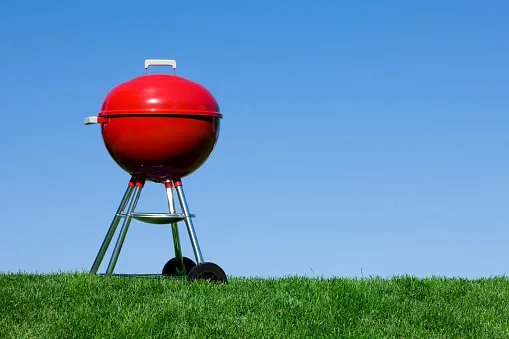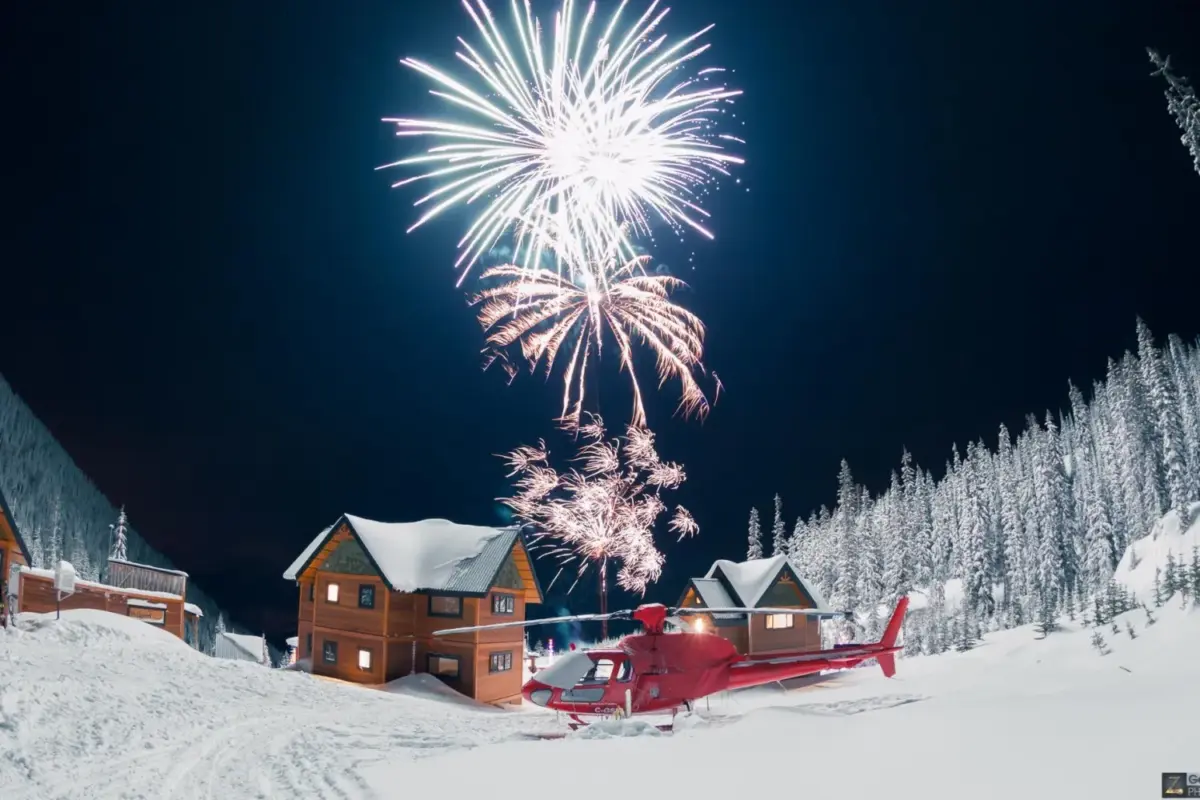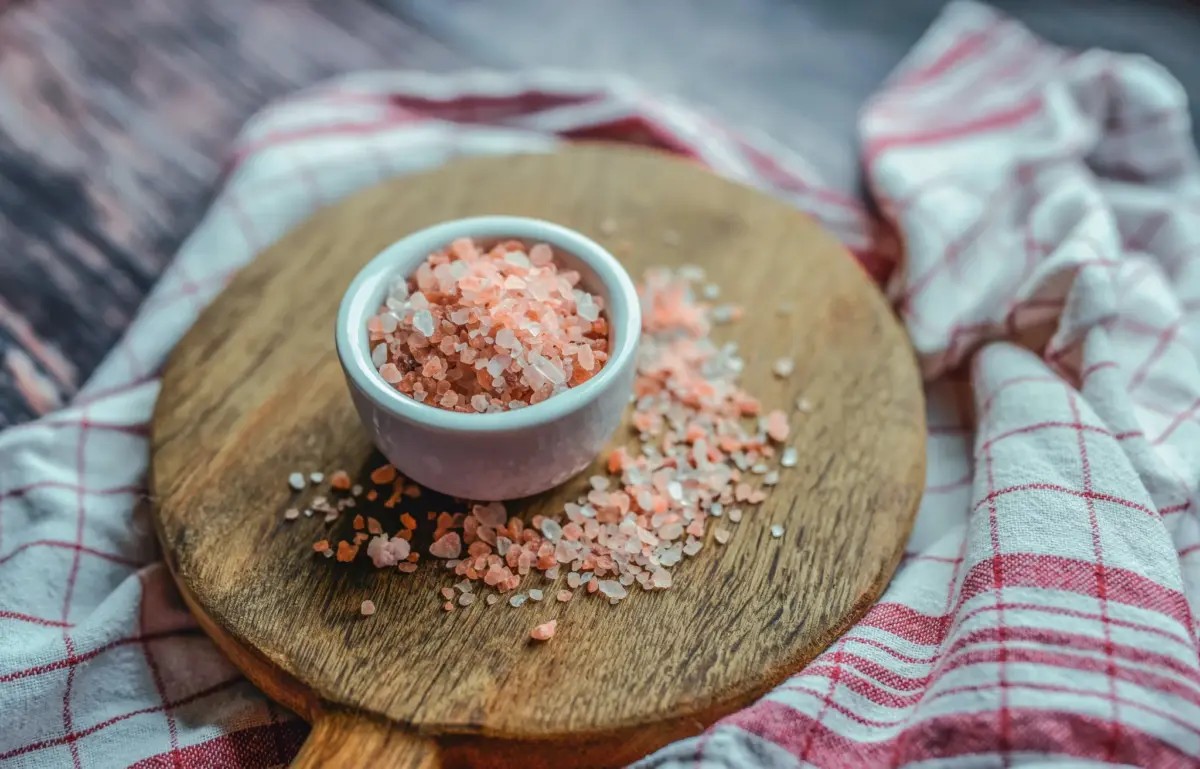When it comes to grilling, safety should always be the top priority. One common question that many grill enthusiasts have is whether it’s safe to place a grill against a wall. The answer to this question depends on several factors, including the type of grill you have, the materials used to construct your home, and local fire codes.

While it may be tempting to place your grill against a wall to save space or create a built-in look, doing so can be dangerous. In general, it’s recommended that you keep your grill at least 3 feet away from any combustible surfaces, including walls, overhangs, and trees. This helps to reduce the risk of fire and ensures that your grill has adequate ventilation to operate safely. However, the exact distance required may vary based on the specific grill model and local fire codes.
Why Grill Placement Matters
When it comes to grilling, the placement of your grill is just as important as the quality of your food. The location of your grill can have a significant impact on your safety, as well as the safety of your home and property. In this section, we will explore why grill placement matters, and the risks associated with putting a grill against a wall.
The Risks of Putting a Grill Against a Wall
Placing a grill against a wall can be tempting, as it can save space and provide a convenient location for cooking. However, this is not recommended due to the potential risks involved. Here are some of the risks associated with putting a grill against a wall:
-
Fire Hazard: Grills produce heat, flames, and smoke, which can pose a significant fire hazard if placed too close to a wall. Grease and other flammable materials can also accumulate on the wall, increasing the risk of a fire.
-
Smoke Damage: When a grill is placed against a wall, smoke can accumulate and damage the wall, causing discoloration and other damage.
-
Structural Damage: The heat produced by a grill can also cause structural damage to a wall, particularly if the wall is made of wood or other combustible materials.
-
Carbon Monoxide Poisoning: Grills produce carbon monoxide, which can be deadly if inhaled in large amounts. Placing a grill too close to a wall can increase the risk of carbon monoxide poisoning.
To avoid these risks, it is important to place your grill at a safe distance from any walls or structures. The National Fire Protection Association recommends a minimum of 10 feet between a grill and any combustible structure, such as a house or garage. This distance should be increased if there are any overhanging structures, such as a balcony or eaves.
In conclusion, the placement of your grill is an important consideration for your safety and the safety of your home. By following these tips and guidelines, you can ensure that your grilling experience is both enjoyable and safe.
How Far Should a Grill Be from a Wall?
When it comes to grilling, safety should always be a top priority. One important safety consideration is the distance between the grill and any nearby walls. Here are some guidelines to follow for gas and charcoal grills:
Gas Grills
Gas grills can be a convenient and efficient way to cook outdoors, but they also come with some safety risks. Here are some tips for keeping your gas grill a safe distance from walls:
- Follow the manufacturer’s instructions: Different gas grills may have different recommendations for how far they should be from walls. Always check the owner’s manual or contact the manufacturer for specific guidelines.
- Keep the grill away from the house: In general, it’s a good idea to keep your gas grill at least three feet away from any walls or other structures. This can help prevent heat damage or fires.
- Check for leaks: Before using your gas grill, check for any leaks in the gas line or connections. Leaks can be a serious safety hazard, so it’s important to address them before using the grill.
- Ensure proper ventilation: Gas grills should always be used in well-ventilated areas to prevent the buildup of carbon monoxide. Avoid grilling in enclosed spaces like garages or under awnings.
Charcoal Grills
Charcoal grills can be a great way to add flavor to your outdoor cooking, but they also require some extra safety precautions. Here’s what to keep in mind when positioning your charcoal grill:
- Keep the grill away from walls: Like gas grills, charcoal grills should be kept at least three feet away from any walls or other structures. This can help prevent fires and heat damage.
- Protect the bottom and sides: Charcoal grills can get very hot, so it’s important to protect the ground underneath and the sides of the grill. Use a fire-resistant mat or place the grill on a non-flammable surface like concrete or brick.
- Watch for flare-ups: Charcoal grills can produce flare-ups when fat drips onto the coals. Keep a close eye on your grill to prevent flare-ups from causing a fire.
- Follow the manufacturer’s instructions: Different charcoal grills may have different recommendations for how far they should be from walls. Always check the owner’s manual or contact the manufacturer for specific guidelines.
By following these guidelines, you can help ensure that your grill is a safe distance from any nearby walls or structures. Always prioritize grilling safety to prevent accidents and injuries.
Grilling Safety Tips
Grilling is a fun and delicious way to cook food, but it can also be dangerous if proper safety precautions are not taken. Here are some important grilling safety tips to keep in mind:
The Importance of Ventilation
Proper ventilation is essential when grilling. Grilling in an enclosed area, such as a garage or under a covered patio, can lead to a buildup of carbon monoxide, which can be deadly. Make sure to grill in a well-ventilated area, such as in your backyard or on your deck.
The Right Placement for Your Grill
The placement of your grill is also important for safety. According to the National Fire Protection Association (NFPA), you should never place your grill near any structure, including your home, garage, or fence. Make sure to keep your grill at least 10 feet away from any combustible materials, such as trees or wooden walls.
The Importance of a Fire Extinguisher
Having a fire extinguisher on hand is crucial when grilling. In case of a fire, you need to be able to quickly put it out. Make sure to have a fire extinguisher nearby and know how to use it. It’s also a good idea to have a bucket of sand or a garden hose nearby in case of an emergency.
Remember to never leave your grill unattended while it’s in use. Keep children and pets away from the grill and never use lighter fluid to start a fire. Always follow the correct guidelines and rules for your grill, as provided by the manufacturer, and make sure to check for gas leaks before lighting the grill.
By following these grilling safety tips, you can enjoy delicious food while keeping yourself and your property safe.
Additional Considerations
Protecting Your Home
When placing a grill against a wall, it is important to consider the proximity of your home’s exterior. Vinyl siding, wooden decks, and low-hanging branches can all pose a fire hazard when exposed to the heat of a grill. To protect your home, it is recommended that you place the grill at least 10 feet away from any structure. If this is not possible, consider installing fireproof drywall or a heat shield to protect the wall from heat damage.
Protecting Your Neighbors
Grilling can be a fun and social activity, but it is important to be mindful of your neighbors. Smoke and fumes from the grill can be a nuisance to those around you, so be sure to place the grill away from your neighbor’s property. If you live in a close-knit community, consider discussing your plans with your neighbors to ensure that they are comfortable with the placement of your grill.
Protecting Your Grill
Proper grill placement is not only important for the safety of your home and neighbors but also for the longevity of your grill. Placing the grill on an uneven surface or on a porch that is not properly supported can cause damage to the grill over time. Additionally, fat buildup can cause a fire hazard, so be sure to clean your grill regularly and keep the lid closed when not in use.

« Poking Holes in Steaks: Is it Worth the Effort?
How to Fix Salty Brisket: Tips and Tricks for Perfectly Seasoned Meat »
When using your grill, be sure to use the appropriate utensils and keep children and pets away from the grill. Always use caution when handling coals and dispose of them properly to avoid any fire hazards.
By following these additional considerations, you can safely and responsibly enjoy grilling in your outdoor kitchen or backyard.














